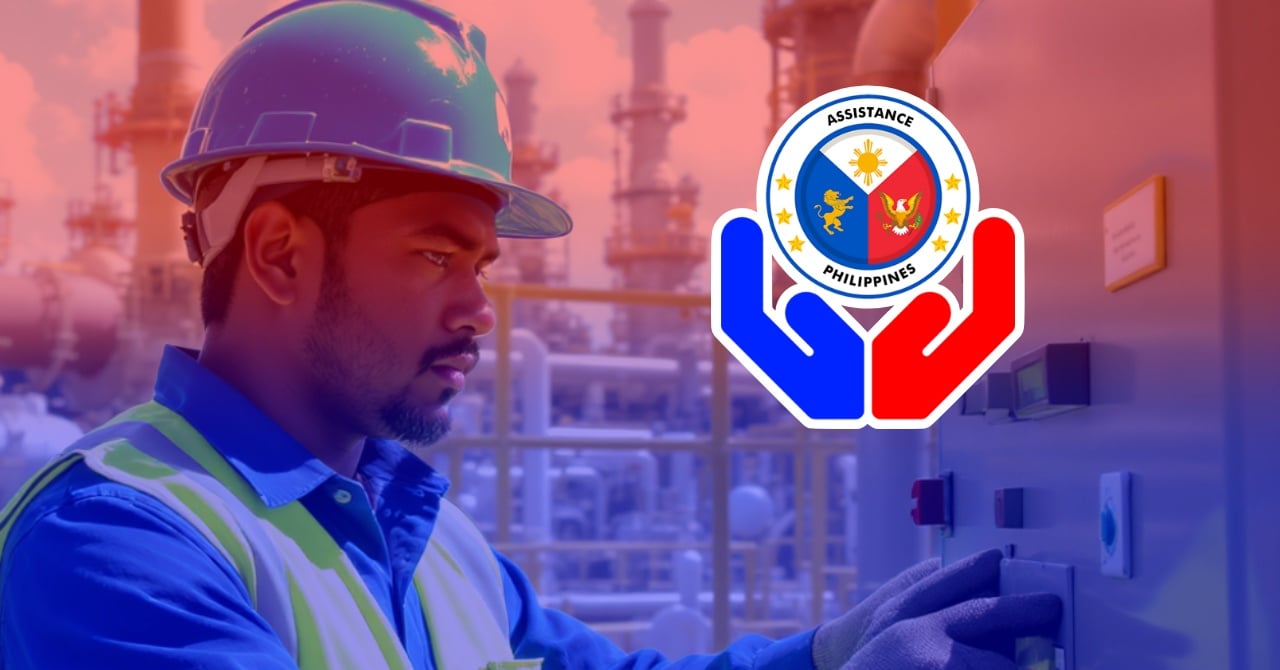Every year, countless Filipino workers face risky job conditions without knowing they’re protected by law. From chemical exposure to poor ventilation and unsafe equipment, workplace hazards can lead to serious health problems—or worse, even death. But here’s the good news: Republic Act No. 11058, also known as the Occupational Safety and Health Standards Law, exists to keep you safe.
This Philippine law was enacted on August 17, 2018 to make sure all workers—whether in factories, offices, utilities, or economic zones—have the right to a healthy and hazard-free workplace.
Let’s break down your rights, your employer’s duties, and what you can do if your workplace isn’t safe.

What RA 11058 Guarantees for Workers
RA 11058 grants several key rights that protect every employee’s health and well-being.
- Right to a Safe Workplace
You have the right to work in an environment that won’t cause injury, illness, or death. This includes proper ventilation, clean facilities, and safe equipment.
- Right to Refuse Unsafe Work
If there’s an imminent danger—like a live wire or exposed chemicals—you can refuse to work. A safety officer or DOLE must confirm the danger, but you cannot be punished for protecting yourself.
- Right to Know
You must be informed about hazards in your workplace. Employers are required to train you on how to handle chemicals, operate machines, and respond to emergencies.
- Right to Report Unsafe Conditions
If you see a problem, you can report it to your supervisor, the safety officer, or even DOLE—without fear of losing your job.
- Right to Free PPE (Personal Protective Equipment)
If your job involves danger, you are entitled to free safety gear like helmets, gloves, goggles, or safety harnesses. These must be provided by your employer.
Employer Responsibilities Under RA 11058
Employers aren’t just encouraged to follow safety rules—they are legally required to do so. Here’s what the law expects from them:
- Provide a Safe Environment
They must identify and remove hazards and ensure every employee knows safety procedures, especially new hires.
- Educate Workers About Risks
Employers must train all workers on hazard prevention, emergency procedures, and proper use of equipment.
- Give Free PPE and Safety Devices
All required PPE—like masks, gloves, machine guards, or noise-cancelling gear—should be provided at no cost to you.
- Offer Training and Medical Checkups
An 8-hour OSH training seminar is mandatory. Medical exams should also be provided when needed, especially if you’re exposed to physical or chemical risks.
- Create a Safety Committee
A group within the company must regularly review safety practices and address any reported hazards.
- Follow DOLE Regulations
Employers must comply with all DOLE-approved safety standards and use only certified tools and machinery.
Fines and Penalties for Employers Who Violate RA 11058
To ensure strict compliance, RA 11058 outlines heavy penalties:
- PHP 100,000 per day fine for willfully ignoring safety rules or disobeying DOLE orders
- Additional 50% fine for repeat violations
- PHP 100,000 fine for hiding records or blocking inspections
- Work stoppage orders if imminent danger is found (workers must still be paid during this time if the stoppage is the employer’s fault)
How to Report Unsafe Working Conditions
If your workplace isn’t safe, you’re not powerless. Here’s what to do:
- Talk to Your Supervisor or Safety Officer
Raise your concern directly. They may take immediate steps to fix the issue. - Contact DOLE
If nothing changes, escalate your complaint to DOLE. They offer protection against retaliation and can step in with an inspection or legal action. - Report to the OSH Committee
If your company has an Occupational Safety and Health (OSH) Committee, submit your concern there. They can recommend improvements or escalate the matter internally.
What Filipinos Are Saying About Unsafe Workplaces
Across forums like Reddit and Facebook, many workers share similar frustrations:
“We weren’t given any PPE even when handling toxic cleaning chemicals.”
– Janice, hotel cleaner
“I told our supervisor about the loose wires. They ignored it until someone got hurt. Only then did they act.”
– Leo, factory technician
“Thanks to DOLE, our site finally got fire extinguishers and proper exit signs.”
– Miguel, construction worker
These stories are reminders that RA 11058 is your ally. You don’t need to wait for an accident to speak up.
Frequently Asked Questions
Q: Can I really refuse to work if I feel unsafe?
Yes, but the danger must be confirmed by a safety officer or DOLE. You cannot be fired or disciplined for doing so.
Q: Who provides the PPE—me or the company?
Your employer is required by law to give it to you for free.
Q: What if I’m a contractual or agency worker?
All workers, regardless of employment type, are covered under RA 11058.
Q: Where can I report violations?
Visit or call the DOLE Regional Office near you. You can also submit a complaint via their official website.
Final Thoughts
This Philippine law is more than a rulebook—it’s a shield that protects every Filipino worker. Whether you’re on a construction site, in a warehouse, or at a call center, you deserve safety, respect, and protection.
If something doesn’t feel right at work, trust your instincts and remember: RA 11058 says you should be protected.
